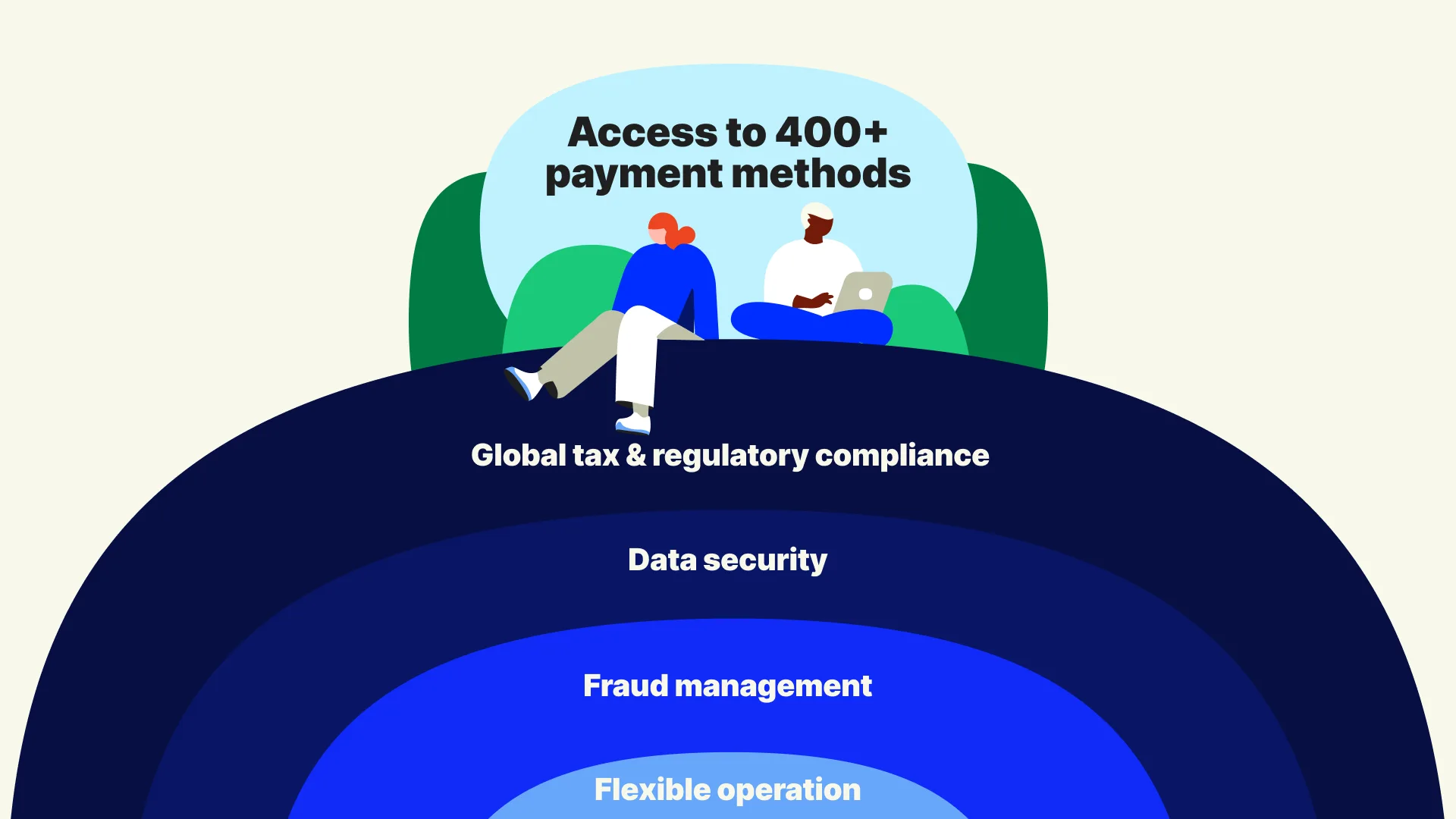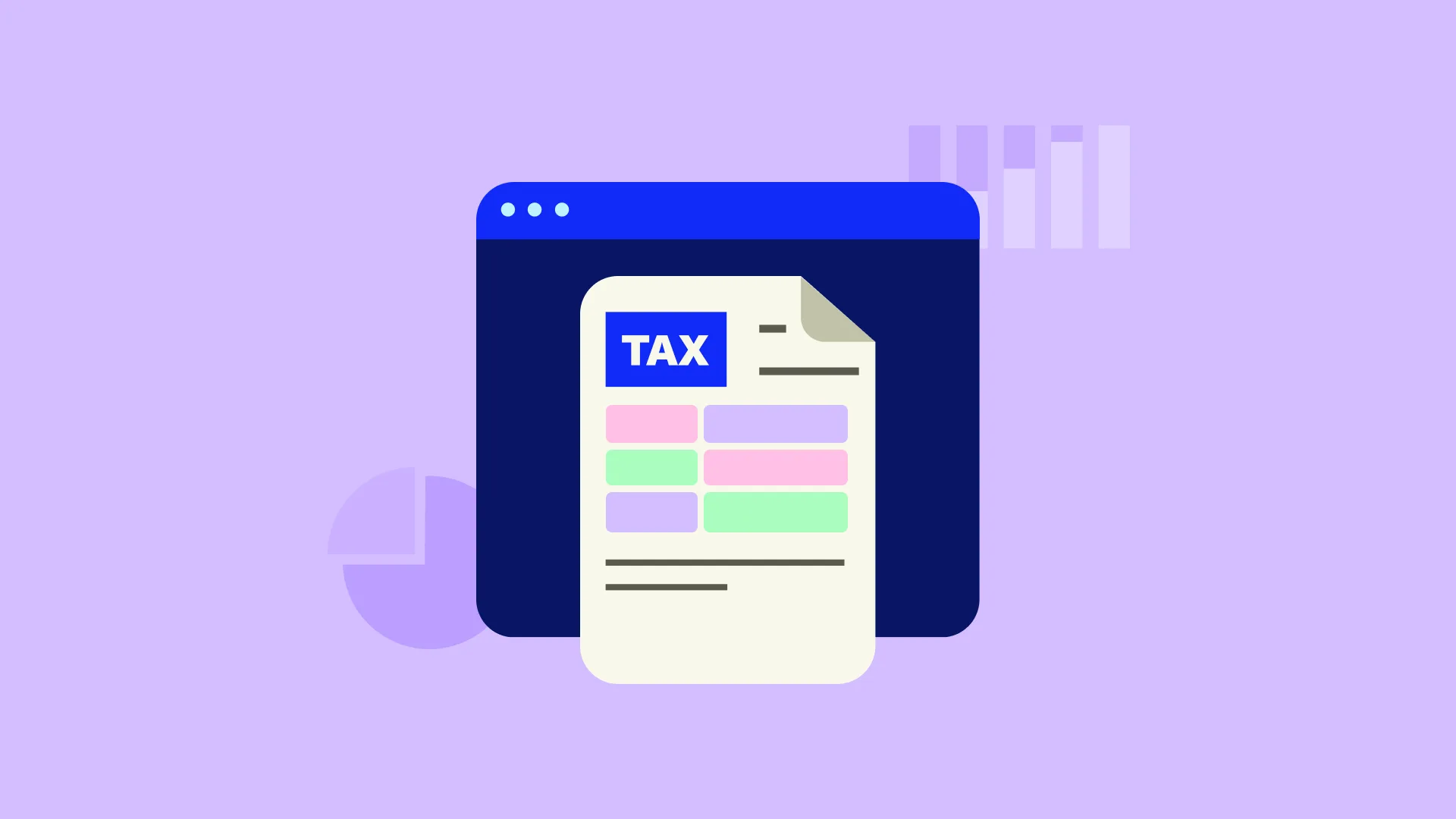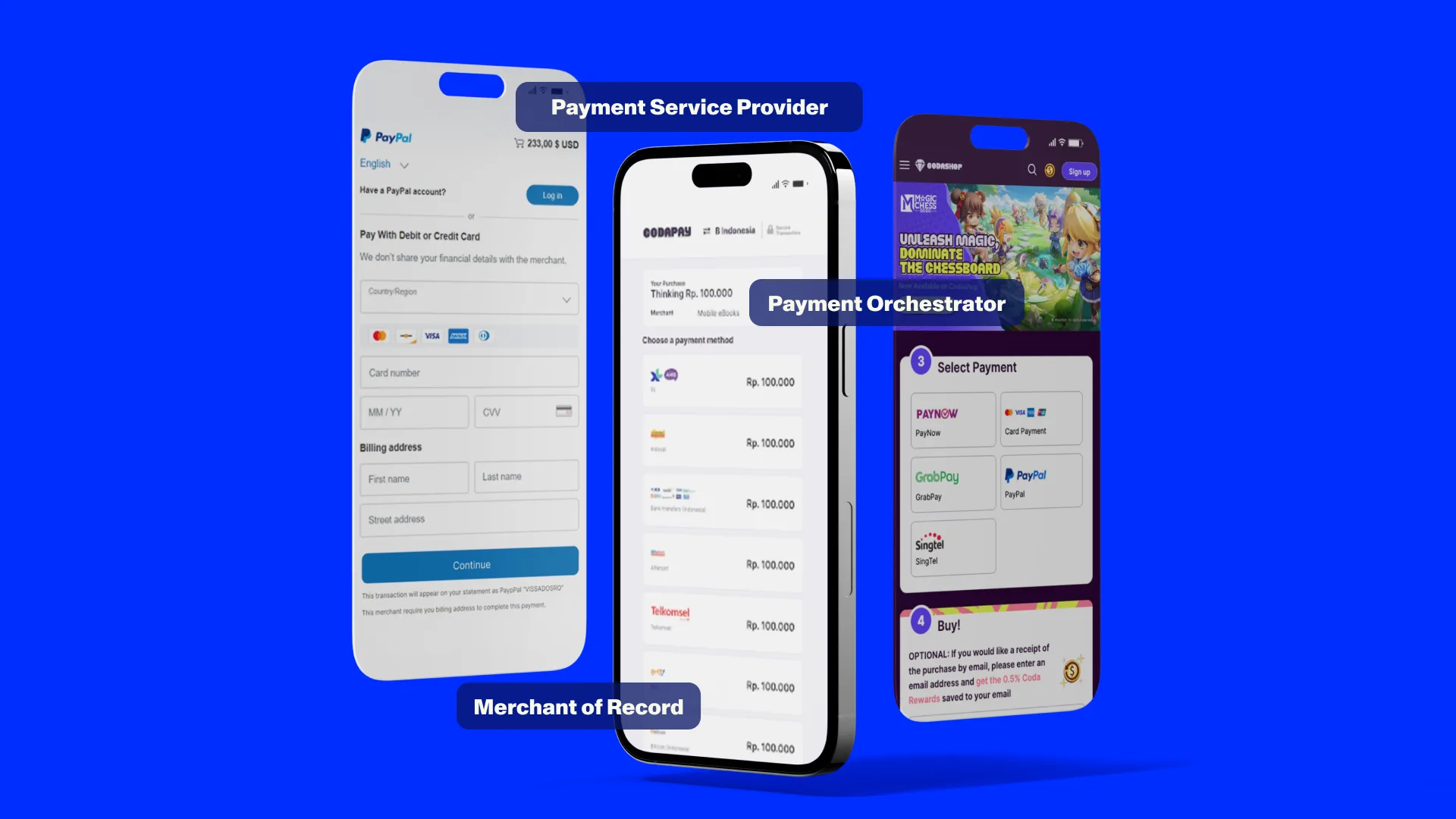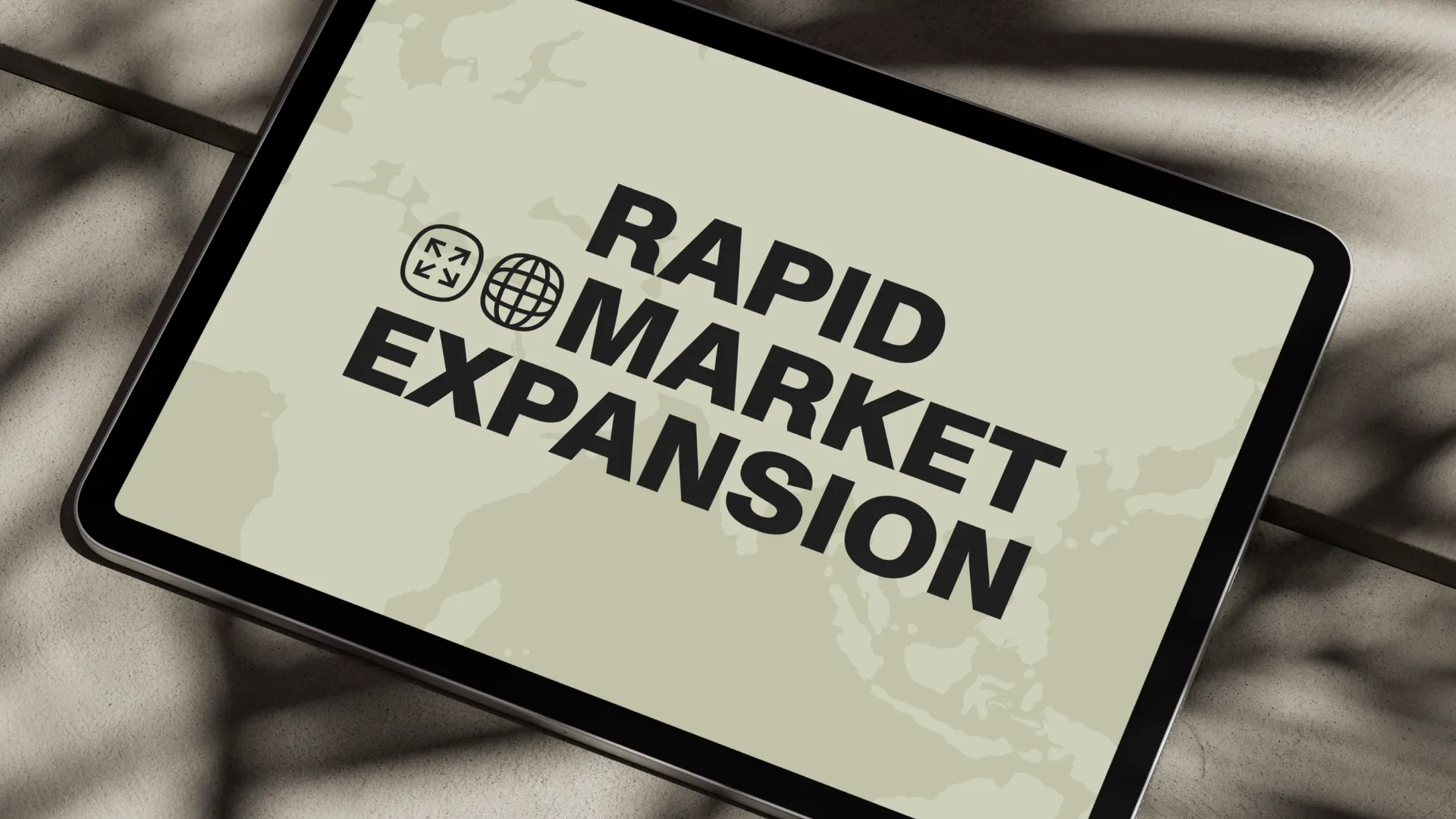Picking a Merchant of Record Provider: 8 Essential Questions Every Gaming Studio Should Ask

Expanding your game globally is a major step. But with it comes complex challenges, especially around payments. The Merchant of Record (MoR) model offers a powerful solution for simplifying cross-border complexities, from navigating tax requirements to managing chargebacks and ensuring compliance.
However, not all MoRs are created equal. A well-chosen MoR is more than just a payments processor but a partner; it’s a strategic partner to help you unlock new markets, maintain compliance, and optimize your revenue streams.
It starts with asking the right questions. We’ve outlined eight key ones—focused on the business-critical areas that matter most to APAC gaming companies. By asking these questions, you’ll be equipped to scale faster, stay compliant, and ensure your players enjoy a seamless payment experience wherever they are.
The Essential Questions
Question 1: What Level of Regulatory Compliance Support Do You Offer?
- Why It’s Critical: Compliance is non-negotiable, particularly in regions like APAC where regulations can vary significantly. In fact, APAC firms experienced the biggest rise in regulatory penalties in the first half of 2024. Against this backdrop, it’s critical that your MoR provider guarantees you remain compliant regardless of where your players are located.
- What to Look For: Thoroughly investigate how the provider handles local tax remittance, legal requirements such as data protection laws, and gaming-specific regulations, including loot box compliance and age verification protocols.
- Coda Input: As a global MoR operating in 70+ markets, Coda takes a strong focus on regional compliance. We actively track regulatory changes and work closely with partners to stay aligned with local requirements. In key markets, we hold the necessary licenses or registrations and consult local legal and tax experts where needed to support ongoing compliance. Coda helps publishers stay compliant across key areas, including:
- VAT implementation – in countries like Indonesia, Malaysia, and the Philippines involves updating checkout flows and invoicing to meet local tax rules.
- Youth protection – by tracking regulatory changes and helping publishers manage local expectations on age-based content access and purchase controls.
- Loot box transparency – with platform configurations that support disclosure in line with local laws or publisher policies.
- Content moderation – by enabling controls that align with app store guidelines, cultural sensitivities, and regulatory requirements, especially in stricter markets.
While each publisher remains responsible for regulatory compliance of their applications, Coda’s regional and operational teams aim to reduce friction by providing scalable, locally adapted solutions that help partners grow responsibly across markets.

Question 2: How Do You Manage Fraud Detection and Chargeback Processes?
- Why It’s Critical: Fraud prevention isn’t optional, especially in gaming. A strong, end-to-end strategy is key to protecting your revenue and your players. For example, free-to-play games can be vulnerable to chargeback fraud due to the frequent nature of microtransactions.
- What to Look For: Ask about their built-in fraud detection tools, dispute management processes, and how they handle chargebacks. What proactive measures do they have in place to safeguard your revenue from fraudulent activities?
- Coda Input:Coda’s machine learning models have been instrumental in eliminating card testing attacks across key markets. By analyzing transaction patterns and adjusting risk thresholds in real time, we’ve reduced the financial impact of card testing to near zero—without disrupting the experience for legitimate players. Our AI continuously learn from transaction behavior to stop fraudulent attempts early and preserve a seamless checkout experience.
Question 3: What Payment Methods and Alternative Payment Options (APMs) Do You Support?
- Why It’s Critical: Much of going global involves thinking local. Today, APMs rule in many regions of the world, such as APAC and LATAM. Offering local payment options isn’t a nice-to-have—it’s a must-have to reach players and expand globally.
- What to Look For: Does the MoR offer the local payment methods that your players prefer? Look for robust support for market-specific APMs in markets that matter to you, whether it means UPI in India, GoPay in Indonesia, or PIX in Brazil.
- Coda Input: Coda offers over 400 payment methods covering more than 90% of the world’s preferred payment methods. We pair the global scale with local precision through direct integrations with APMs. From credit and debit cards to mobile wallets, bank transfers, and region-specific methods such as carrier billing–delivering seamless, secure payments across 70+ markets. With intelligent routing, real-time optimization, and deep local integrations, we help partners maximize success rates, reduce friction, and offer users the freedom to pay however they prefer—anytime, anywhere.
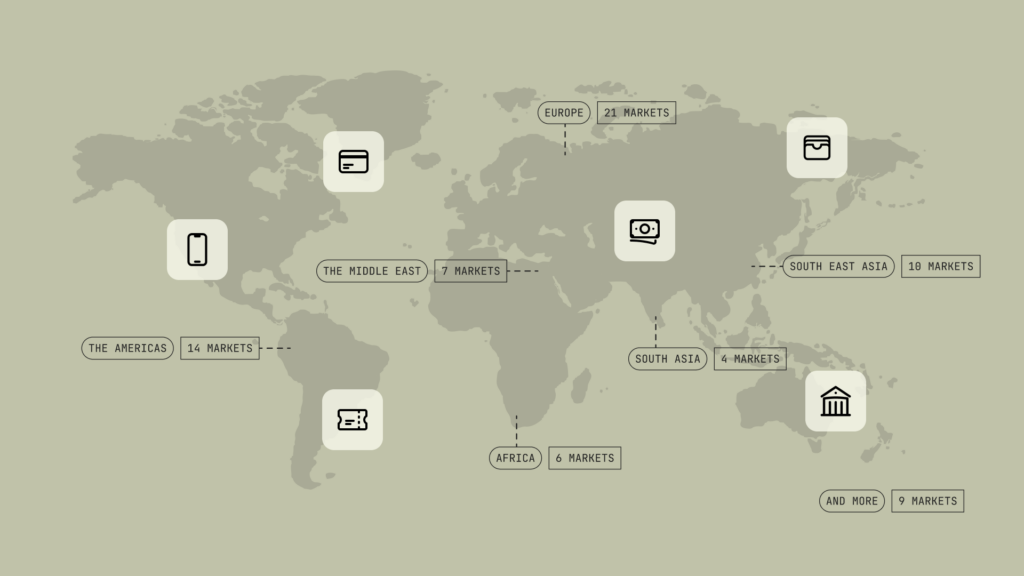
Question 4: How Do You Ensure High Transaction Success Rates Through Payment Routing?
- Why It’s Critical: Failed payments and false declines cost businesses over $400 billion globally. Left unchecked, these issues can chip away at your revenue. Choosing the right payment provider can optimize payment routing to minimize these failures and maximize your revenue.
- What to Look For: Ask how the provider can optimize payment routing to maximize your revenue potential. Determine if they offer routing, fallback options, and improvements in end-user experiences such as reduced friction and localized error messaging.
- Coda Input: At Coda, we keep a close eye on how each payment provider is performing. When a provider goes offline or underperforms, our team steps in immediately to reroute traffic, minimizing disruption and preserving the user experience. We also track conversion rates across providers and make routing decisions based on who delivers the highest success rates. This hands-on approach helps us catch issues early, reduce failed payments, and make sure more transactions go through—so our partners don’t lose out on critical revenue.
Question 5: What Does Your Technical Integration and Support Look Like?
- Why It’s Critical: From the outset, your provider should offer seamless support for your business. A smooth integration process during onboarding, coupled with always-on technical support, directly impacts your business’s operational efficiency.
- What to Look For: Assess whether their technology will simplify the integration process. Are there clear documentation, detailed API integration information, and highly responsive support teams?
- Coda Input: Integrate once, launch everywhere. Imagine integrating over 400 payment channels across 70+ countries with just a single API–Codapay makes this a reality. With our robust developer tools, round-the-clock support, and the Coda Portal for real-time insights and easy payment management, integration is fast—and built to scale. Our publishers can adapt quickly to market changes and focus on the growth and performance of their products.
Question 6: How Scalable is Your Solution for Global Expansion?
- Why It’s Critical: Your payment model plays a key role in how you scale. With 77% of game developers expecting industry growth in 2025, studios expanding into new regions need infrastructure that supports compliance, local payment methods, and out-of-app flexibility.
- What to Look For: Evaluate the provider’s ability to support high transaction volumes, multi-currency compliance across diverse regions, and handle out-of-app payments. Are there any restrictions that might impede their ability to support markets you may expand to in the future?
- Coda Input: Scaling globally shouldn’t come at the cost of operational complexity. Codapay runs on our global infrastructure that is supported by five strategically located data centers built to handle massive payment transaction volumes with 99.98% uptime, strong fault tolerance, and proven reliability. We connect publishers to a global network of payment channels, covering over 90% of the most-used payment methods worldwide. As you expand, we help you offer localized options that match the preferences of your customers in every market. We also manage tax, compliance, and fraud prevention, as your trusted Merchant of Record–allowing our publishers to scale confidently without the burden of navigating complex regulatory landscapes.
Question 7: Can You Share Success Stories or Case Studies from Gaming Clients?
- Why It’s Critical: A demonstrated track record of success is apowerful differentiator. Real-world examples help to contextualize your business’s situation and assess if the provider is capable of delivering tangible results for your unique needs.
- What to Look For: Look for case studies, testimonials, and performance metrics that show long-term impact, not just early implementation success. It’s also important to ascertain the provider’s capabilities in providing seamless long-term support.
- Coda Input: Coda partnered with an AAA game publisher to rapidly launch in 67 markets using our Custom Commerce solution, where Coda acts as the Merchant of Record across all countries. As the MOR, we manage all aspects of tax, legal, and compliance, enabling swift and seamless scaling. Since launch, we’ve expanded into new markets with this partner and delivered consistent month-over-month revenue growth.

Question 8: What Are Your Contract Terms and Flexibility for Model Migration?
- Why It’s Critical: Understanding the fine print is crucial. Contract terms regarding duration, termination clauses, and ability to switch models significantly impact the Total Cost of Ownership and long-term flexibility of a solution.
- What to Look For: They should be transparent with their pricing from the outset, provide clear details on contract length, and demonstrate flexibility for scaling as your business needs evolve.
- Coda Input: In select markets, Coda offers both Payment Orchestration (PO) and MOR models–giving publishers the flexibility to adapt as their needs evolve. A publisher may initially choose the MOR model, then later transition to PO once they gain confidence in navigating the local regulatory environment—Coda supports this shift seamlessly. This dual-model arrangement is available in markets such as Indonesia. Equally important is partnering with a provider that offers transparent, upfront pricing, without hidden fees or unexpected costs.
Final Takeaways
Choosing the right Merchant of Record is a strategic decision that ensures your studio seamlessly expands globally while keeping operations lean and compliant. By asking these essential questions, you’ll be better equipped to find a partner that aligns with you and evolves in the direction of your growth. At its core, a well-chosen MoR should empower sustainable growth, ensure robust compliance, and enhance payment success rates seamlessly.
Ready to unlock your global potential? Learn how our MoR solution makes it simple for your game to scale worldwide.
Connect with us here. Track the trends shaping gaming monetization in Asia. Get access to our whitepaper with all the insights on game distribution, shifting regulations, localized payments, and how the top industry players are thriving in this landscape.

© 2026 Coda Payments Pte. Ltd
Site Credits






